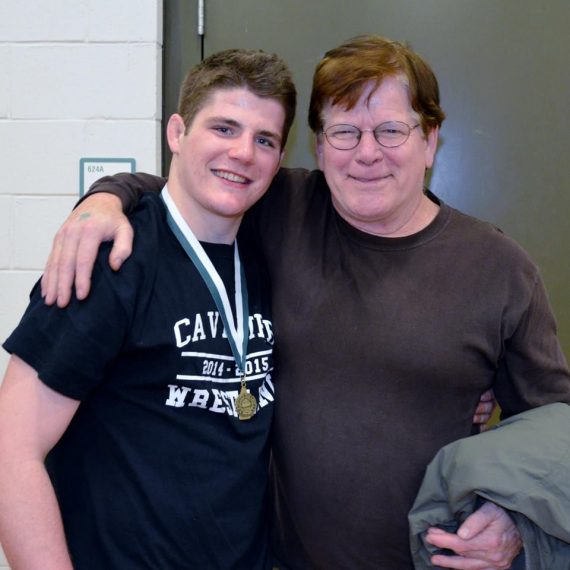(6-15-18) D. J. Jaffe’s Ted Talk at the recent National Council For Behavioral Health Conference in Washington D.C. was one of the event’s most anticipated and discussed presentations.
Jaffe argues that the “mental health” industry is failing individuals, who are seriously mentally ill, by pushing programs about “mental wellness” and constantly denying that individuals with “untreated serious mental illnesses” are more dangerous than the general public. He says they are. His speech included some of the ideas he shared in in his book: Insane Consequences: How the Mental Health Industry Fails the Mentally Ill .
Given that he was speaking at a convention of community mental health providers, whom he criticizes, the founder of Mental Illness Policy Org. was nonetheless interrupted several times by applause.
Story Two: Another tidbit that involves D. J. Jaffe.






